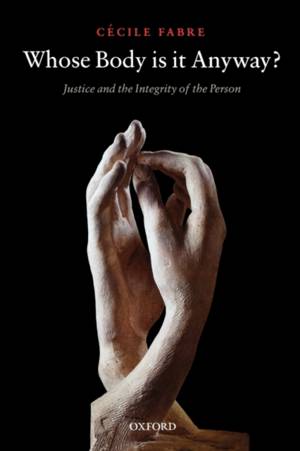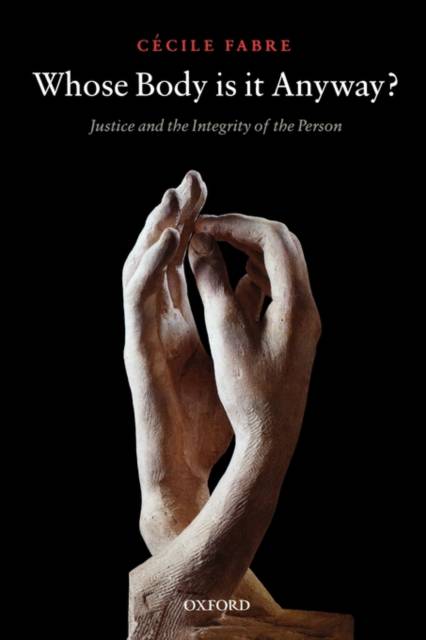
- Afhalen na 1 uur in een winkel met voorraad
- Gratis thuislevering in België vanaf € 30
- Ruim aanbod met 7 miljoen producten
- Afhalen na 1 uur in een winkel met voorraad
- Gratis thuislevering in België vanaf € 30
- Ruim aanbod met 7 miljoen producten
Zoeken
€ 98,45
+ 196 punten
Uitvoering
Omschrijving
In the prevailing liberal ethos, if there is one thing that is beyond the reach of others, it is our body in particular, and our person in general: our legal and political tradition is such that we have the right to deny others access to our person and body, even though doing so would harm those who need personal services from us, or body parts. However, we lack the right to use ourselves as we wish in order to raise income, even though we do not necessarily harm others by doing so--even though we might in fact benefit them by doing so. Cécile Fabre's aim in this book is to show that, according to the principles of distributive justice which inform most liberal democracies, both in practice and in theory, it should be exactly the other way around: that is, if it is true that we lack the right to withhold access to material resources from those who need them, we also lack the right to withhold access to our body from those who need it; but we do, under some circumstances, have the right to decide how to use it in order to raise income. More specifically, she argues in favor of the confiscation of body parts and personal services, as well as of the commercialization of organs, sex, and reproductive capacities.
Specificaties
Betrokkenen
- Auteur(s):
- Uitgeverij:
Inhoud
- Aantal bladzijden:
- 248
- Taal:
- Engels
Eigenschappen
- Productcode (EAN):
- 9780199532292
- Verschijningsdatum:
- 15/05/2008
- Uitvoering:
- Paperback
- Formaat:
- Trade paperback (VS)
- Afmetingen:
- 155 mm x 231 mm
- Gewicht:
- 385 g

Alleen bij Standaard Boekhandel
+ 196 punten op je klantenkaart van Standaard Boekhandel
Beoordelingen
We publiceren alleen reviews die voldoen aan de voorwaarden voor reviews. Bekijk onze voorwaarden voor reviews.











